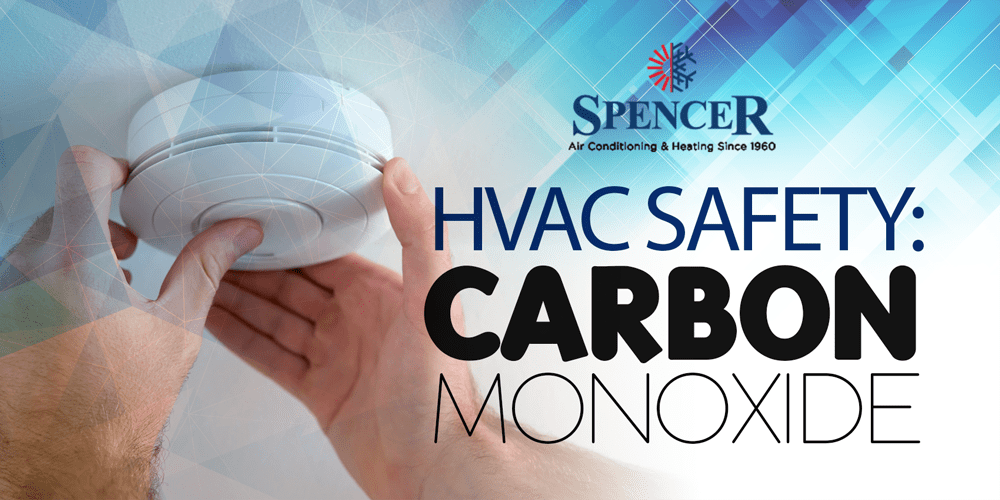Carbon monoxide is an odorless, tasteless and colorless gas which is poisonous when ingested at high concentration. This is often released by large appliances which include your furnace.
Once the heating season sets in, Spencer Air Conditioning and Heating expects that carbon monoxide will again bring chaos to some households in Dallas, TX and the neighboring communities. That’s why we have this checklist ready to guide you.
Dangers of Carbon Monoxide
It’s hard to detect carbon monoxide making it a silent threat to you and your family. It can be unknowingly ingested by any member of your family and can cause health risks. Even the symptoms of too much CO ingestion are similar to flu, that’s why it’s often neglected and referred to as an ordinary ailment.
Symptoms of CO poisoning differs depending on the level of exposure. It can start from simple headache and dizziness, then mild unconsciousness. Too much exposure can lead to cardio-respiratory failure and even death.
Checklist in Preventing HVAC Carbon Monoxide Leaks
- The number one reason why carbon monoxide leaks happen in your HVAC system is because of incorrect installation. It’s important to let an HVAC professional install your units to prevent mistakes in placing the components which causes carbon monoxide to leak out.
- If your system has been serving you for more than the expected years now, better purchase a new one. Old unit releases big amount of CO. If you will replace your unit, choose high-quality HVAC systems because they are safer to use.
- Regular HVAC maintenance is an important factor. Carbon monoxide leaks can be detected during maintenance services and you can also ask to test for CO level in your home.
- It’s important to invest on carbon monoxide detectors. Install them in your rooms, especially on area where you and your family spend more time together. Place one also in your bedrooms and have a regular CO testing.
- If you suspect high level of carbon monoxide leak, gather your pets and family and evacuate the house, but you need not pack all your things. Call the nearest fire department and be sure to have a medical examination with your doctor.





